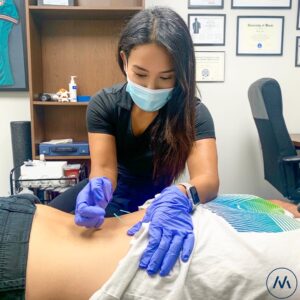
Recovery is the process of returning to a normal state of health, mind, and strength. In the context of training, the ability to “Recover” means not just returning to normal, but even better than before.
For our overview of How to Recover Properly, see Here
When it comes to gaining strength, improving running times, or improving in sports, much of the emphasis is on the intensity and frequency of training, but little attention is paid to the quality of recovery. Proper Recovery is a multi-factorial paradigm that requires active participation in aligning your nutrition, active rest, and modalities with your training schedule.
Nutrition
The first and most important aspect of recovery is what you are (or aren’t) putting into your body. This includes foods, liquids, and supplements
 One of the primary goals of recovery is to mitigate inflammation, meaning consuming anti-inflammatory foods such as
One of the primary goals of recovery is to mitigate inflammation, meaning consuming anti-inflammatory foods such as
- Berries/Cherries
- Salmon
- Brocolli/Peppers/Mushrooms/Spinach/Kale
- Avocado
- Walnuts/Almonds
- Extra Virgin Olive Oil
In addition to reducing consumption of pro-inflammatory foods such as
- Fried Foods (French Fries, Chicken Fingers
- Processed Carbohydrates (Bagels, Flour Tortillas, Breakfast Cereal)
- Soda (Coca-Cola, Pepsi, Mountain Dew)
Making these food choices alone can have a profound impact on your body’s ability to fight off inflammation and recover properly from training.
Supplementation
It can be challenging at times to eat all of the proper foods every day, which is why recommend supplementing the nutrients that you are not able to get in your diet on a daily basis.
The supplements listed in this article are general guidelines and we always recommend that you consult your physician if you are planning on taking supplements.
If you are interested in a customized supplement protocol for your body, you can book an appointment with our functional Medicine Physician Here.
Supplements that have been shown to aid in recovery include:
- Omega-3 Fish Oil
- Co-Q10
- Glutamine
- L-Arginine

Movement
While there is certainly value in simply putting your feet up relaxing on the couch during an off day, there is also value in being active on your off days in order to promote blood flow and mobility for recovery. We generally recommend to our patients that they move every day, whether that be a walk, a 15-minute stretch, or swim in the ocean, a daily dose of movement goes a long way.
Activities that we consider to be “Active Recovery Include”
- Low-Intensity Cardio (Walking, Hiking, Casual Swimming)
- Stretching or Mobility Work
- Deload or Light Sessions in the gym
 Modalities
Modalities
Being under the care of a clinician or therapist trained in sports medicine can be an invaluable tool to enhance your recovery from training. Not only will these providers have access to tools to expedite your recovery but can also give you a comprehensive assessment to determine which areas may need more recovery or correction than others.
If you would like to schedule a comprehensive Movement Assessment with one of our providers Click Here!
Some Specific Modalities and Treatments that can enhance your recovery include
- Chiropractic Manipulation
- Active Release Technique
- Dry Needling
- Percussion Massage
- Cryotherapy
- Normatec Compression Boots
- Acupuncture
Hands on manual care from a trained provider is one of the most valuable investments you can make into your health and recovery. Professional Athletes often invest thousands of dollars annually into their “Recovery Team” to ensure that their nutrition, manual therapy, and corrective exercise is custom tailored to their specific needs.
 Programming
Programming
In addition to eating right, moving often and utilizing recovery therapies, properly programming and peroidizing your training will also ensure that you have an appropriate balalnce of breaking down your muscles and re-building your muscles.
Most times, individuals just continue to train hard year-round and only take time off for injuries or illness. While, injury and illness are often your body telling you that you are overtraining, we advocate that you take planned deload weeks during the year every 4-12 weeks to recover form a given training phase and prepare your body physically, mentally and metabolically for the next phase of training.
In addition to planning deloads, it is important to also measure your progress to ensure that your weekly volume does not exceed what you are able to recovery from. Weeks and monthly of trianing above threshold will result in “overtraining” and will not allow your body to adapt and supercompensate from training.
For more informative videos about this topic and many more, please visit our Youtube channel as well as our Instagram Page.
Call Us
schedule appointment nowschedule appointment now


